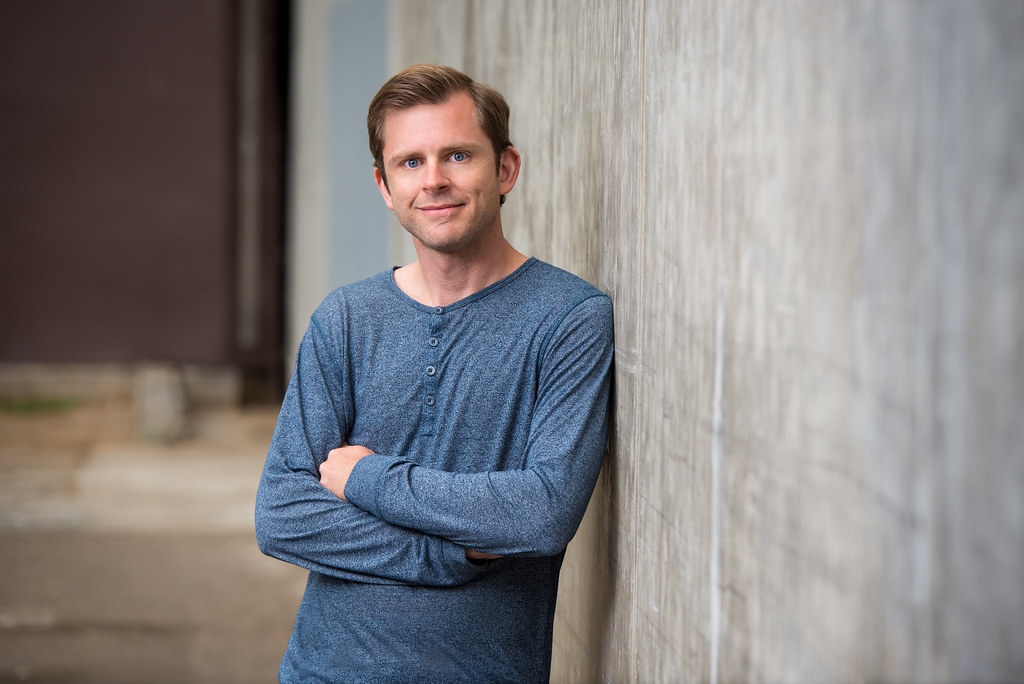The global economy looks much different than it did ten years ago.
(OK, if we’re being honest, it looks much different than it did ten weeks ago.)
While there is much more instability and uncertainty, there are also more opportunities to start a business and generate side income. Many people have started “side hustles” as a way to supplement revenue or to pursue side passions. On this most recent episode of The Accidental Creative podcast, Chris Guillebeau shared insights about how to find the right idea and start your own side hustle with tips from his book The Money Tree.
Many people have found their lives and careers disrupted by the global pandemic, and the things that seemed so certain to last forever only a few months ago are now in question. Some of us are really hurting, and others have realized just how fragile our assumptions about the economy and our personal economic stability really are.
Yes, it will take a while for things to recover, but it’s because of these events that I believe there are three big investments that all creative pros should begin strategizing now:
Flexibility of focus and engagement
In his excellent book So Good They Can’t Ignore You, Cal Newport argues that one major criterion for selecting a profession should be that it grants you increasing levels of flexibility as you grow professionally.
He argues: “To construct work you love, you must first build career capital by mastering rare and valuable skills, and then cash in this capital for the type of traits that define compelling careers.”
Rather than obsessing – as many do – on finding a job with an enjoyable set of tasks, try to negotiate for roles that will give an increasing measure of freedom of focus as you gain mastery. This will allow you to navigate your way into work that is personally meaningful and uniquely contributive.
This is a sticking point for many people. There’s a sentiment, especially on the web, that the goal is total freedom of time and place in your work. Flexibility is not the point, it is only the beginning. It exists to allow you to make the other investments.
Diversity of income
Are you completely dependent on one source of income? What would you do if that income disappeared next week? Or, if it was significantly impacted by Coronavirus? This is an especially dangerous trap for freelance creatives, who can become seduced by the comfort of steady income from a solid client only to have that income stream dry up when their internal champion at the company leaves.
Even if it means working a little extra time outside of work hours, or accepting fewer hours from a steady client, it’s wise to be diversifying your portfolio of income streams.
For in-house creative pros or employees, this can mean starting to build something noncompetitive on the side as a hedge against future income disruption. Again, Chris Guillebeau calls these “side hustles”, and many great businesses begin this way. (If there is any chance that your employer would disapprove, it’s always a good idea to keep these projects in the open, but clearly separate from your workplace.)
You should devote a portion of your time each week to pursuing new income streams, or at least considering the present diversity of your income.
A final note: freedom to do meaningful work is connected to financial freedom. Many people increasing their spending along with their incomes, and end up making tradeoffs along the way. As Lynda Barry once said, “The key to eternal happiness is low overhead and no debt.” (HT Austin Kleon) Just like you want to gain greater flexibility of focus over time, diversifying your income and living on less than you make gives you increasing flexibility to accept work that suits you well. Then, if all goes well, opportunity yields opportunity.
Building equity
Are you gaining a stake in your work? Are you building anything that will continue to hold value regardless of whether you continue to work?
One of the mistakes creative pros often make is thinking only about income rather than ownership. They will happily accept payment for their services, then allow others to use their work to generate wealth. As you gain greater flexibility of focus and you diversify your income streams, you can begin thinking about engaging in activity that allows you to build something of your own rather than just supporting the efforts of others.
You should be devoting at least a portion of your time each week to building something you will own, whether on your own or in partnership with others.
Can you be sustainably successful without making these investments? Sure. Some people will be lucky enough to keep a steady job their entire career. However, in an increasingly unstable marketplace, you are far better off making wise investments now for a future payoff.
Now is a good time to strategize how to invest in yourself and your future and to diversify your career portfolio so that you’re prepared for the next wave of disruption or interruption.
This episode is sponsored by Freshbooks. To claim your free month trial – with no credit card needed – visit Freshbooks.com/accidental and enter The Accidental Creative in the how did you hear about us section.
The intro music for the AC podcast is by Joshua Seurkamp. End remix is by DJ Z-Trip.




0 Comments